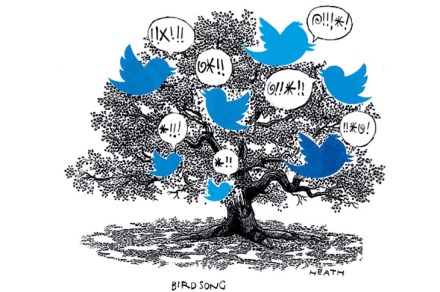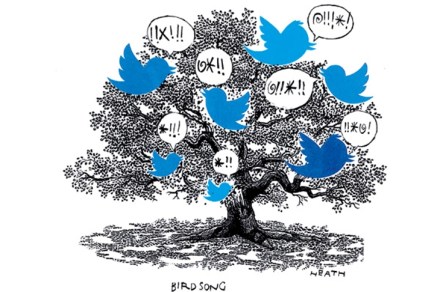Snobbery in the age of social media
We like to think we have moved on from the age of snobbery. Judging others by birth or status, or at least being seen to, is the height of rudeness, and just not very cool. But English snobbery is in fact as potent as before — and possibly even more insidious. Among my age group of twentysomethings, it is rife. Our elders might think of us as fiercely egalitarian, and in some ways that’s true. We aren’t as obviously obsessed with class. But we’ve found sneakier ways of being snobs. It starts with social media. Everyone has an online profile, and that has created a new generation of ultra snobs,



















